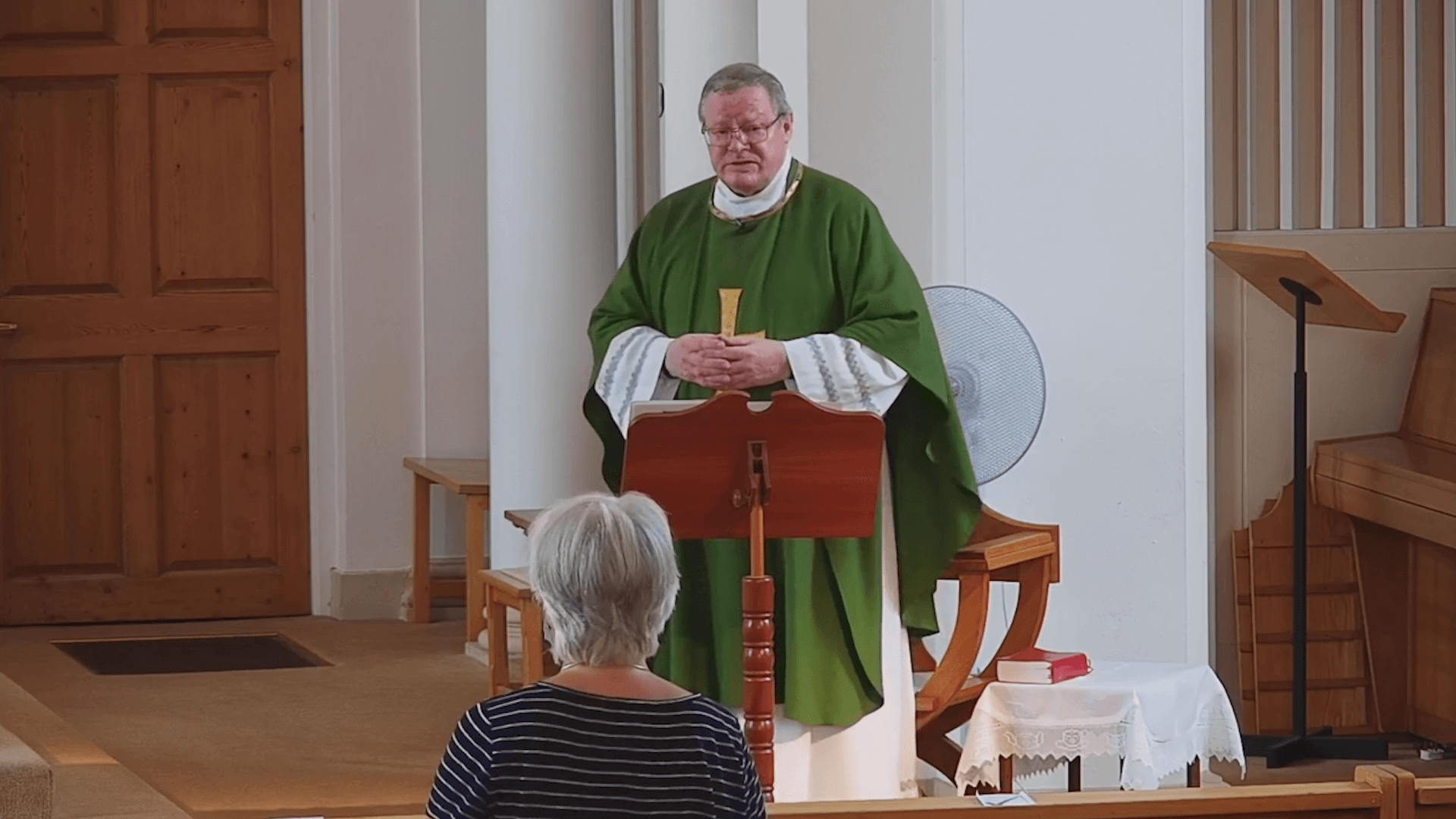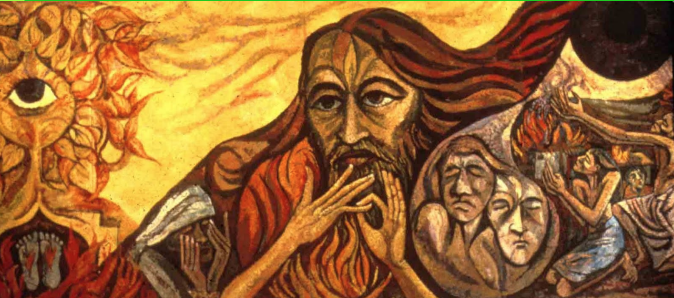










On January 27th 1980, only two months before he was murdered, Archbishop Oscar Romero referred to the gospel we hear this weekend: “in the most sublime homily ever given, Christ closes the book and says: ‘These things have been fulfilled today.’”
That is what a homily is: saying that God’s word is not a reading about times past, but a living and spiritual word that is being fulfilled here today. Hence our efforts to apply God’s eternal message to people’s concrete circumstances.
Romero did this and died for it because he himself was doing what Jesus was doing in his hometown synagogue at Nazareth: helping the people to understand the ‘today’ implications of the biblical word. Last weekend, the gospel proclaimed how Jesus as the prophet, the forth-teller, was approved by the people - but not for long! This week we hear how the implications of what he said begins to dawn on them and how their provincialism begins to assert itself. Here is someone they have known (or think that they have known) from childhood, the boy who has Joseph for his father. The communities of St Luke, however, have heard the proclamation of Jesus’ beloved son-ship of the Father at his baptism (Luke3:22) and his genealogy that ends with the proclamation “son of God (Luke 3:38). The Nazareth assembly would like to own Jesus, make him conform to their expectations, perhaps do good for their businesses by enticing the crowds to Nazareth for some of the miracle-working he has done in Capernaum. But he is the free prophet, bound by nothing but the compassion for the poor that he has announced. Accepted or not in his own country, it must be enough that he has spoken out.
The animosity that Jesus is going to encounter throughout his life, the opposition that will lead him to that terrible mission of martyrdom, seems to be concentrated into this event as the Lukan sign of what is to come.
Jesus confronts the synagogue assembly with the memory of God’s grace shown to those beyond the community of Israel by referring to two other prophets: Elijah and Elisha. For the poor widow of Zarephath, a Gentile, the prophet Elijah replenished her meagre store of oil and grain during a famine (1 Kings 17:8-16); when commanded by Elisha to wash in the waters of the Jordan, the Syrian leper Naaman was healed (2 Kings 5:9-14).









